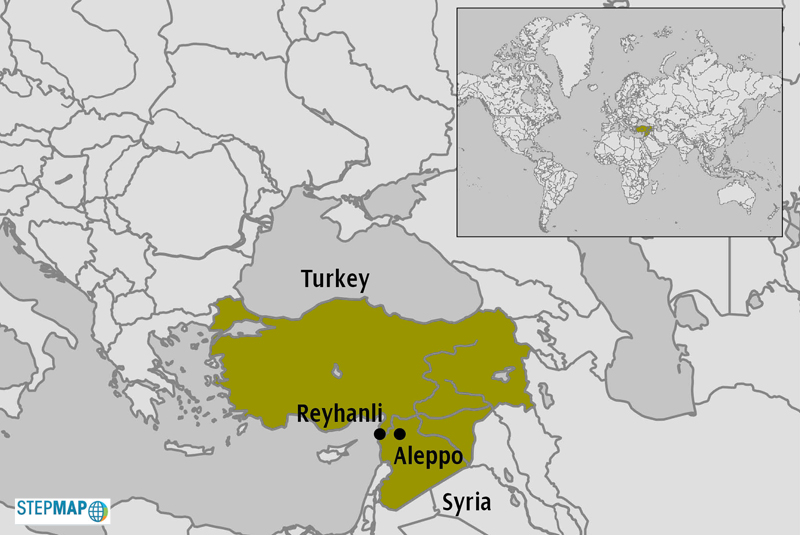Yemen's Humanitarian Crisis: Endless Suffering with No End in Sight
Don’t forget the Yemenis
In April last year, about a year after the war in Yemen started, I wrote a blog post about the humanitarian crisis that was haunting the Arab country. Now, nine months later, it is sad to notice that nothing has gotten any better since then, but everything has worsened.
The death toll has surpassed 10,000 people, according to the UN. Back in April, it stood at 6,200. Almost 40,000 people have been injured, up from 35,000. The number of displaced people rose from 2.5 million to 3.1 million.
“There are 7 million people who don’t know where their next meal is coming from,” said Jamie McGoldrick, the UN humanitarian coordinator for Yemen. Given a population of 24 million, that’s almost one in three Yemenis. More than 3 million people suffer malnutrition, including 460,000 severely malnourished children under five, according to the UN Office for the Coordination of Humanitarian Affairs (OCHA).
International media are not paying adequate attention to this alarming situation. One reason is probably that international journalists don’t have access to the conflict areas, and local journalists fear for their lives. So reporting is difficult, and news organisations have to rely on other sources such as humanitarian helpers or even parties of conflict. However, that is true of other regions such as Syria and Iraq as well.
Another reason we don’t pay attention to the Yemenis’ fate that much is that they don’t come to our countries. Most of those who are able to flee end up in the neighbouring countries of Oman and Saudi Arabia. Some manage to cross over to the Horn of Africa, but hardly any refugees from Yemen make it to Europe.
Adding to the ignorance is the fact that the conflict can’t be blamed on ISIS. The terrorist militia is currently the west’s favourite enemy, because its terror has reached Europe and the USA. We closely follow what ISIS is doing – but are not that interested in, for instance, Al-Qaeda in the Arabian Peninsula.
Some people say the west is cautious to take note of the Yemen war because of the leading role of its ally Saudi Arabia. I am not convinced. Our press is free, and no journalist gets in trouble for writing about the many things westerners find disturbing about Saudi Arabia. The media are also free to report about Saudis using weapons sold to them by German, British or US-based companies.
Of course, media coverage is not vital for the people who suffer. What they need most is water and food, medicine and shelter. However, the lack of public attention is likely to lead to lack of support – and it provokes the feeling of having been forgotten by the world. Donors tend to give more money when they are aware of a conflict. According to UN OCHA, the Yemen Humanitarian Response Plan for 2016 was underfunded by 42 % at the beginning of December. In January, the plan’s funding requirement stood at $ 1.63 billion. So let’s not forget the Yemenis.
Last year, peace talks were underway, and I expressed my hope they would make a difference. Unfortunately, they failed. Now, new negotiations are being held, and once more, I hope there will be a positive result. The killing must stop.













